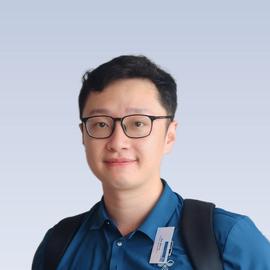Abstract
Copyright © 2018, arXiv, All rights reserved. This paper establishes single-letter formulas for the exact entanglement cost of generating bipartite quantum states and simulating quantum channels under free quantum operations that completely preserve positivity of the partial transpose (PPT). First, we establish that the exact entanglement cost of any bipartite quantum state under PPT-preserving operations is given by a single-letter formula, here called the -entanglement of a quantum state. This formula is calculable by a semidefinite program, thus allowing for an efficiently computable solution for general quantum states. Notably, this is the first time that an entanglement measure for general bipartite states has been proven not only to possess a direct operational meaning but also to be efficiently computable, thus solving a question that has remained open since the inception of entanglement theory over two decades ago. Next, we introduce and solve the exact entanglement cost for simulating quantum channels in both the parallel and sequential settings, along with the assistance of free PPT-preserving operations. The entanglement cost in both cases is given by the same single-letter formula and is equal to the largest -entanglement that can be shared by the sender and receiver of the channel. It is also efficiently computable by a semidefinite program.
Publication
Physical Review A

Associate Professor
Prof. Xin Wang founded the QuAIR lab at HKUST(Guangzhou) in June 2023. His research primarily focuses on better understanding the limits of information processing with quantum systems and the power of quantum artificial intelligence. Prior to establishing the QuAIR lab, Prof. Wang was a Staff Researcher at the Institute for Quantum Computing at Baidu Research, where he concentrated on quantum computing research and the development of the Baidu Quantum Platform. Notably, he spearheaded the development of Paddle Quantum, a Python library designed for quantum machine learning. From 2018 to 2019, Prof. Wang held the position of Hartree Postdoctoral Fellow at the Joint Center for Quantum Information and Computer Science (QuICS) at the University of Maryland, College Park. He earned his doctorate in quantum information from the University of Technology Sydney in 2018, under the guidance of Prof. Runyao Duan and Prof. Andreas Winter. In 2014, Prof. Wang obtained his B.S. in mathematics (with Wu Yuzhang Honor) from Sichuan University.